Eco-Chic Beauty: Unmasking Greenwashing

Navigating the cosmetics aisle can feel like entering a jungle of product claims, from "all-natural" to "made with organic ingredients." A 2017 survey revealed that over 60% of women scrutinize product ingredients, and a whopping 75% of women aged 18–34 prioritize green beauty purchases. On the flip side, the allure of SPF products, chemical peels, and skincare laden with artificial ingredients still beckons many.
Yet, the trend toward "natural" skincare and cosmetics is undeniable, fueled by a growing consumer consciousness about ingredient transparency. However, in this flourishing landscape, caution is key as a myriad of companies may be painting their products in a deceptive light.
Beware of Greenwashing
Greenwashing, a marketing tactic that misleads consumers with eco-friendly imagery, is on the rise. Companies often employ tactics like using green packaging adorned with images of nature. However, truly eco-friendly products often boast simpler packaging.
False claims like "natural," "clean," "certified," and "made with organic ingredients" are red flags. True organic certification is only valid if bestowed by the U.S. Department of Agriculture. Without this seal, skepticism is warranted.
Uncertified doesn't equate to bad. It simply means delving into ingredient lists and production methods. Look for clues beyond the obvious terms, such as "botanical," "made with ingredients sourced from nature," and "chemical-free."
Decoding Ingredients: Natural vs. Artificial
Consider a drugstore find labeled "argan oil" and "natural." While it may seem ideal, inspecting the ingredients reveals argan oil low on the list, overshadowed by unrecognizable elements like parabens and synthetic fragrances.
The unregulated use of "natural" requires a deep dive into ingredient lists. "Natural fragrance" is particularly tricky, falling into three categories: essential oils, synthetic fragrances, and natural fragrance oils.
Pure essential oils are transparently listed, while synthetic fragrances, cheaper and longer-lasting, often contain petroleum byproducts. Natural fragrance oils, created by isolating compounds from natural scents, can still be mixed with synthetics.
Smart Shopping Practices
Don't be swayed by packaging and marketing ploys. Question the company's ownership, inquire about ingredient origins, and scrutinize the full ingredient list. When in doubt, opt for products with pure essential oils or whole plant extracts, avoiding those with lengthy, suspicious ingredient lists. Thorough research on companies and ingredients is your best ally.
Unlocking the Mystery of MONQ’s Ingredients
At MONQ, a team of experts collaborates to craft aromatherapy blends sourced ethically worldwide. Ingredients are meticulously traced from source to product, ensuring ethical and responsible practices. MONQ's essential oils are sustainably wildcrafted, non-GMO, and/or organically grown, forming an 80% organic, coconut-derived vegetable glycerin base and a 20% essential oil blend—no fillers included.


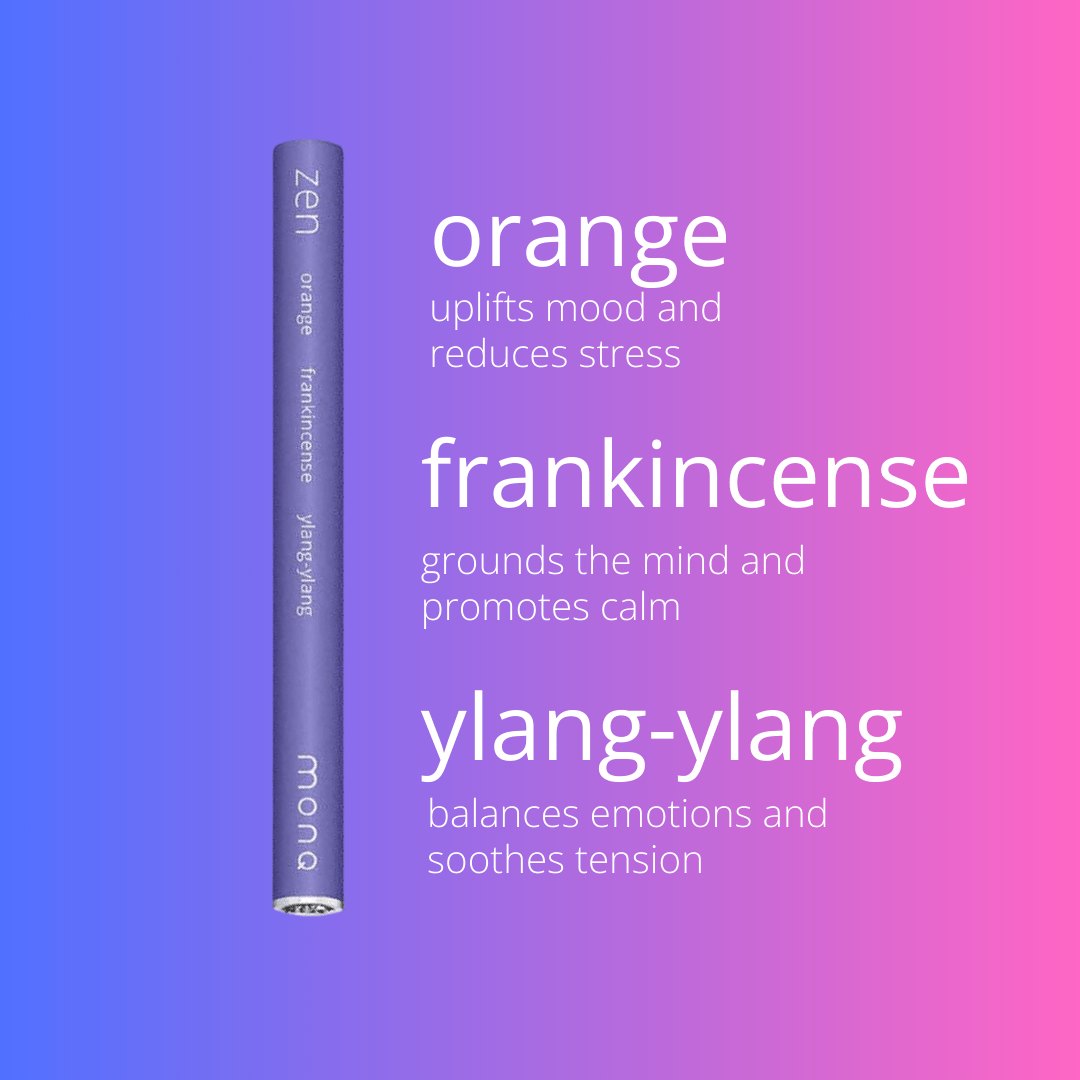
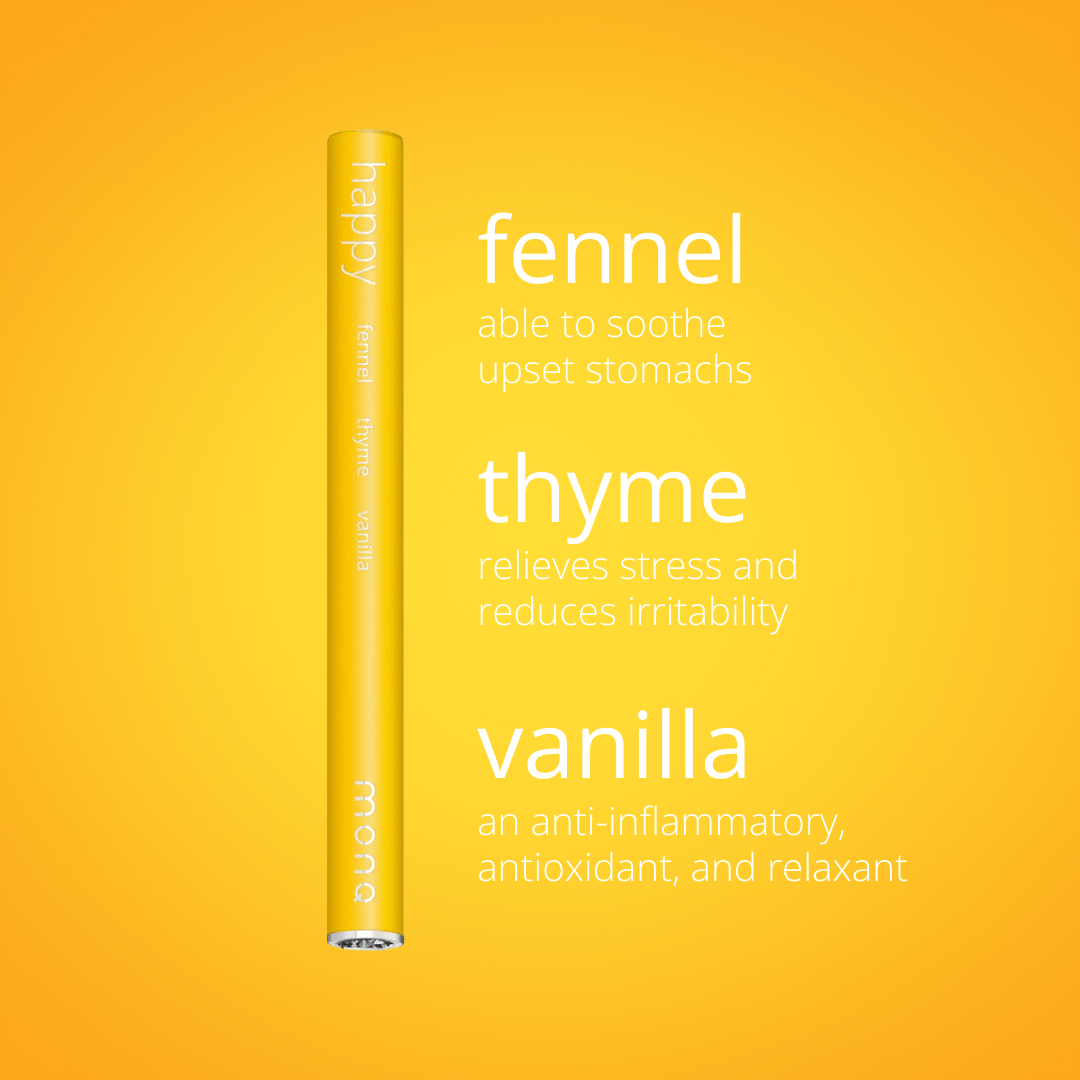
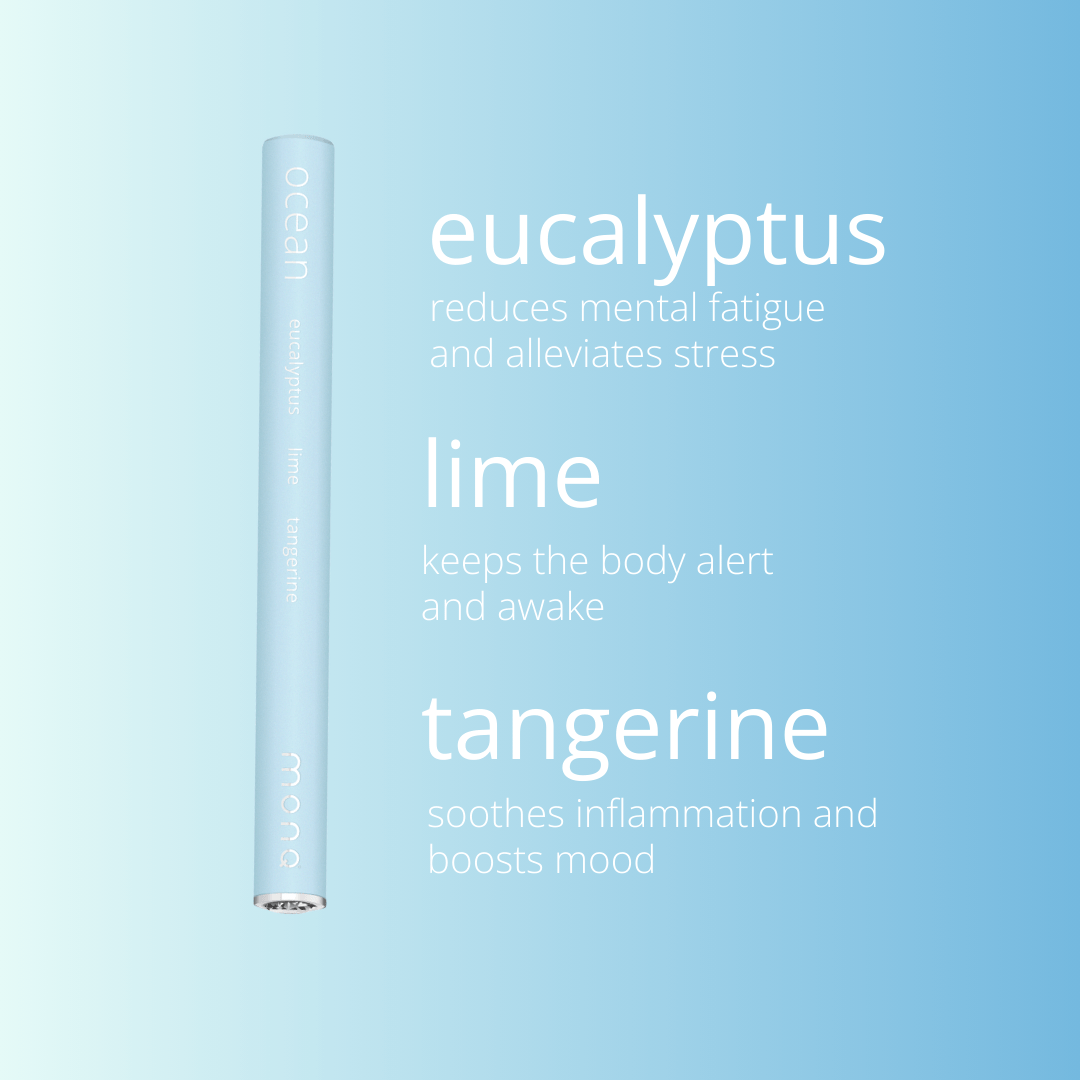

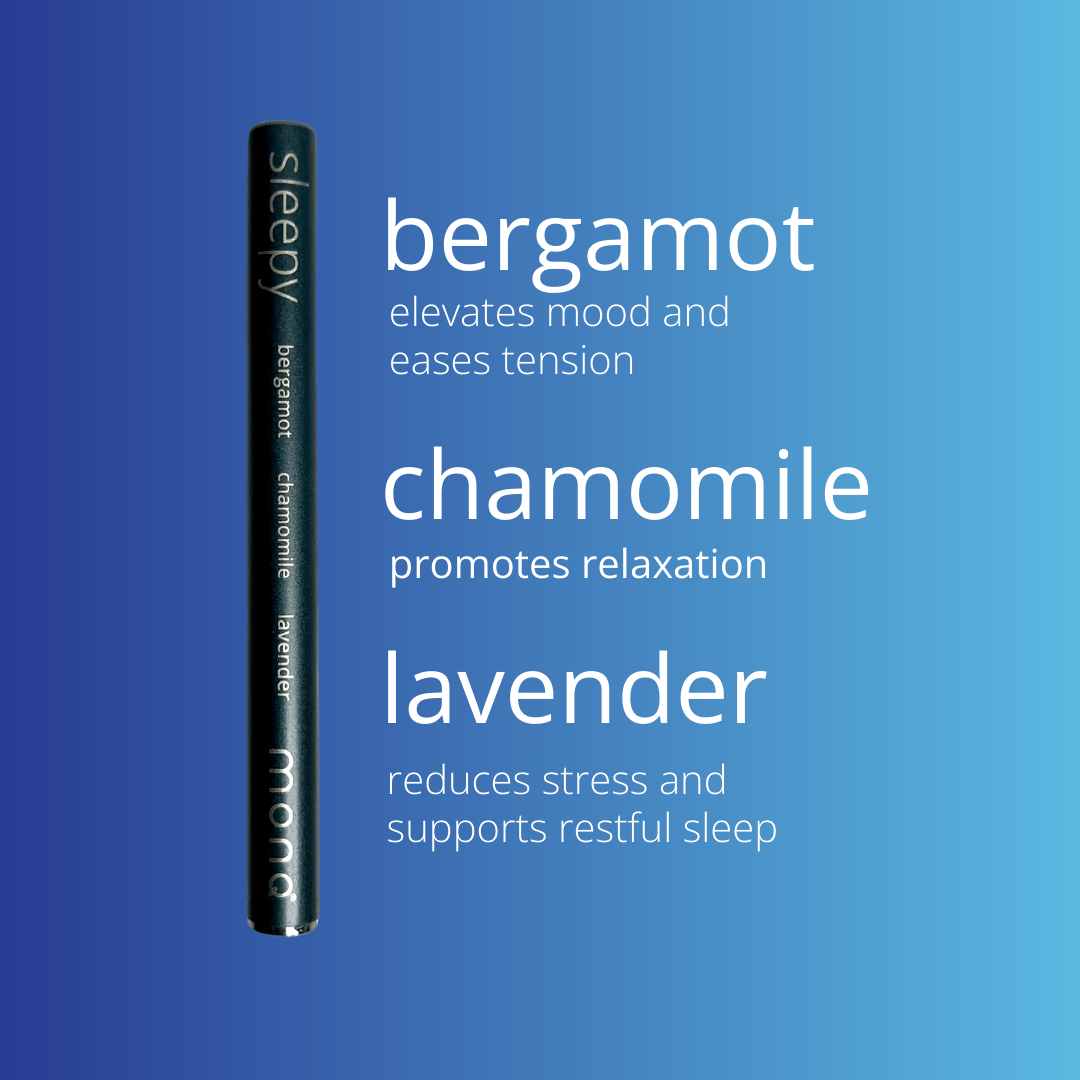

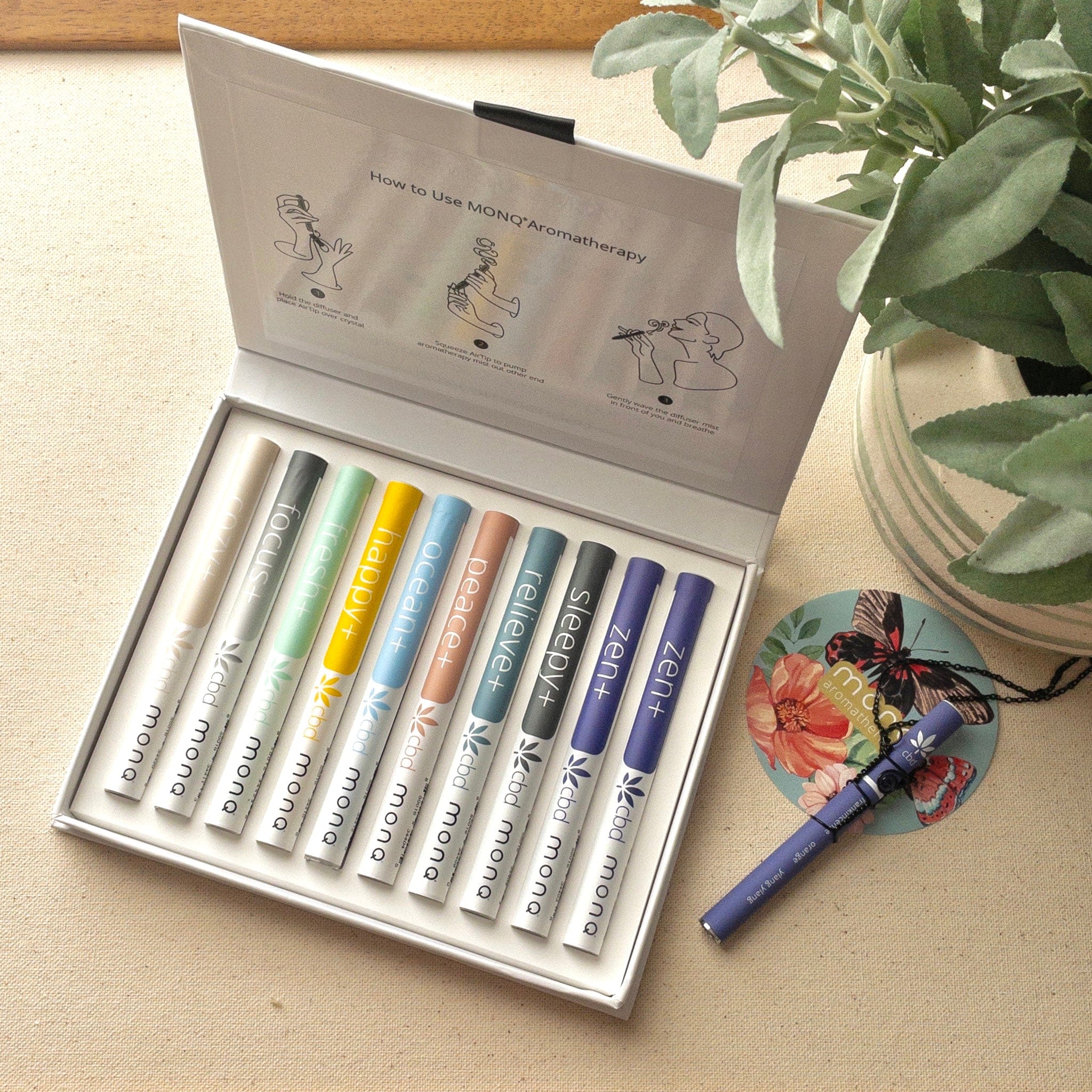
Leave a comment